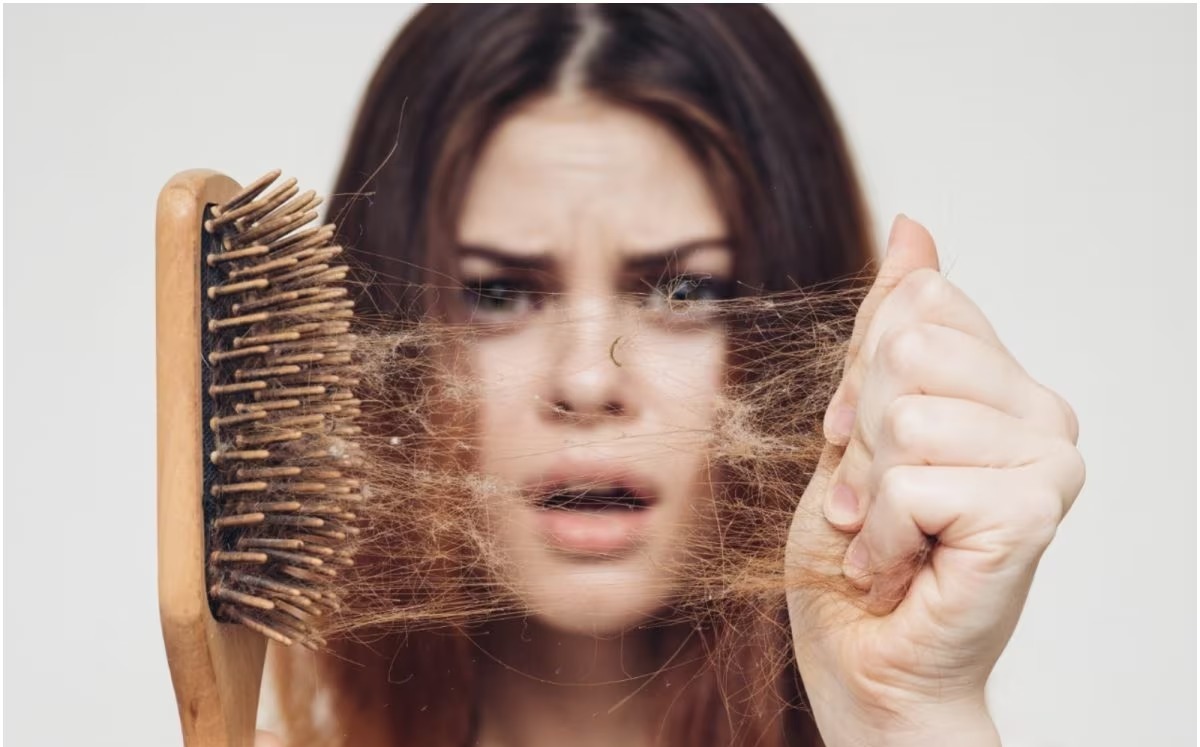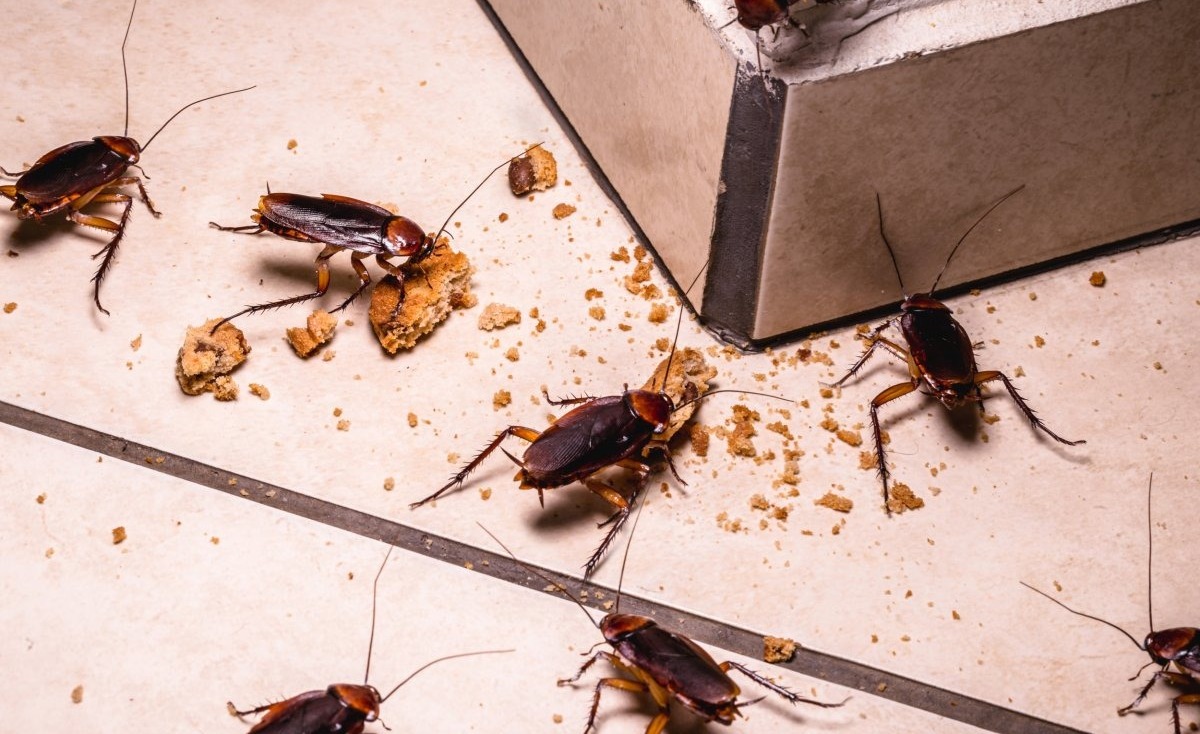A little more hair falls during monsoons than other times of the year. But some women suffer from hair loss all year round. Their hair has become thin and bald. Generally, the humidity in the air during monsoons is high, which weakens the hair follicles. As a result, if there is a little tension, the hair is torn. Once the rainy season is over, hair loss stops again. But for those who fall all year round, what is the reason behind it?
Anemia is a very common problem in women. This disease occurs when the level of hemoglobin in the blood is low and an iron deficiency develops in the body. And because of this, hair grows. Shampoo and oil are not enough for hair care. You need to eat the right food. Many times, it is seen that there is a nutritional deficiency in the body. Due to this, oxygen and nutrients do not reach the roots of the hair, and the health of the hair starts to deteriorate. Thyroid problems are more common in women than in men. Thyroid hormones play an important role in multiple metabolisms in the body. As a result, if there is a thyroid problem, it affects the hair as well.
Thyroidism is one of the causes of hair fall. Nowadays, girls are suffering from PCOD or PCOS from puberty onwards. However, ovarian cysts do not cause hair loss. In this condition, the amount of male hormone in the body increases. Then the hair grows, excess skin fur increases, and acne occurs. There are many changes in the body during pregnancy. Again, some changes occur in the body even after delivery. Many women suffer from hair loss during this time. Many women complain of hair loss, even during menopause.
Women get less sleep. However, women should sleep more than men. Due to a lack of sleep, excessive stress in life causes hormonal changes in the body. Hair still grows.




